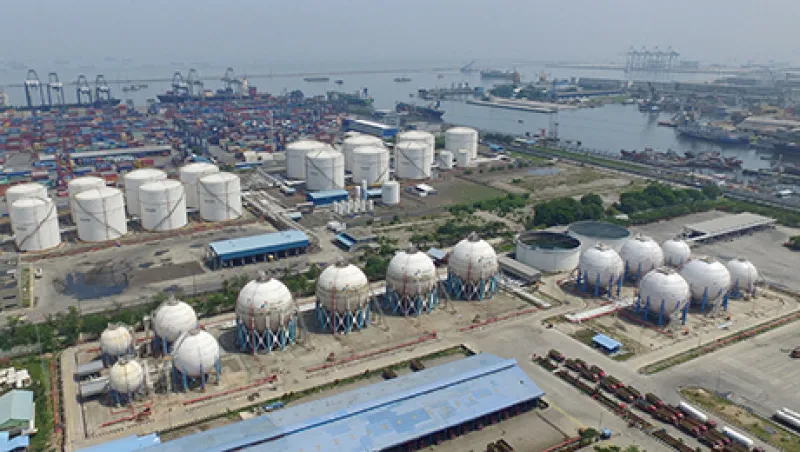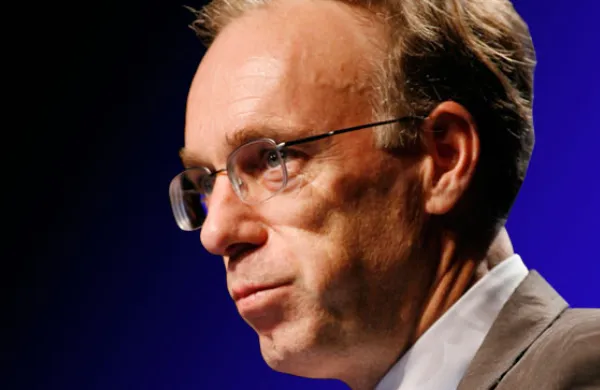As the semiannual meeting of the Organization of the Petroleum Exporting Countries begins in Vienna today, oil market sentiment hinges on whether the group’s leader, Saudi Arabia, will acquiesce to reduced production levels as so many of its partners desperately wish. Even a reduction in output by the Kingdom and its Gulf State allies may not bring oil back to the heady price levels seen in recent years given the stubbornly high production levels in the U.S. and Canada as well as in cash-starved Russia. Factoring in the reemergence of Iran as a major exporter and declining Chinese demand further dampens prospects for a price rebound in 2016 and possibly beyond. Front-month delivery futures contracts for West Texas Intermediate-grade crude oil dipped below $42 per barrel in electronic trading this morning.
Prices remain flat in Europe. Inflation data released by Eurostat today revealed that consumer prices remained moribund in the common currency zone during December. The headline consumer price index registered at an annualized 0.1 percent while prices excluding food and energy declined sequentially to a pace of 0.9 percent. In advance of the European Central Bank’s next meeting, which is widely expected to result in increased quantitative easing, the data solidifies the argument that ECB President Mario Draghi should push ahead with anti-deflationary measures.
Esteves severs tied with bank. On Wednesday, Brazilian investment bank BTG Pactual announced that founder Andre Esteves is no longer a controlling shareholder of the firm pending regulatory approval for a share swap removing his voting rights. On Tuesday, Moody’s Investors Service had cut the bank’s long-term credit rating to junk following the arrest of Esteves in connection to the ongoing corruption scandal engulfing much of Brazil’s government.
Zuckerberg to give it all away. On Tuesday Mark Zuckerberg and his wife Priscilla Chan revealed that they intend to donate nearly their entire current $46 billion position in Facebook to charity. The founder and CEO of the world’s most popular social-networking site spelled out details of the donation in a filing with the Securities and Exchange Commission.
Chinese stocks rebound. The Shanghai Composite Index climbed by more than 2 percent in trading today as investors shrugged off recent regulatory investigations of brokerage firms. Multiple financial firms breached daily trading thresholds to the upside, causing shares to be halted as expectations of further stimulus measures by the People’s Bank of China supported a rally for the group.
Portfolio Perspectives: Why Business Development Companies Look Forward to a Fed Rate Hike
The Federal Reserve is widely expected to lift the federal-funds rate by at least 25 basis points at its mid-December meeting. Business development companies (BDCs) look forward to the first Fed rate hike in nearly 10 years and stand to benefit from it in many ways.
Most BDCs borrow at fixed interest rates and lend at floating rates. Therefore, their interest income would jump as interest rates rise while interest expense will largely remain unchanged. A rate hike would suggest the Fed believes the economy is growing and in a healthy state. In turn, BDCs would have strong tailwinds supporting their investments in small and medium-sized businesses.
The fed-funds rate will still hover near historically low levels after a 25 basis point or even a 50 basis point increase. A mild hike after a seven-year epoch of zero rates is unlikely to dramatically lift lending rates or lower borrowing demand.
Savers likely will still starve for yield income because yields on risk-free, long-term Treasuries may hardly budge because they are set by inflation more so than Fed policy. The 0.2 percent inflation rate of the past year is a far cry from the 3 percent average over the past 25 years and the Fed’s 2 percent target.
BDCs offer a compelling investment opportunity given their high yields and current market dislocation. The UBS ETRACS Wells Fargo Business Development Company ETN currently yields 9 percent annually. Given BDCs’ current low valuations, the risk-to-reward potential looks favorable. Companies tracked by the UBS ETRACS Wells Fargo Business Development Company ETN are trading at ~10 percent below book value with a price-to-forward-earnings ratio of 9.3, according to Morningstar. That’s extremely cheap compared the Standard & Poor’s 500, which is trading at a premium of 2.4 times book value and 18.6 times forward PE.
Grier Eliasek is the president and chief operating officer at Prospect Capital Corp. in New York.






